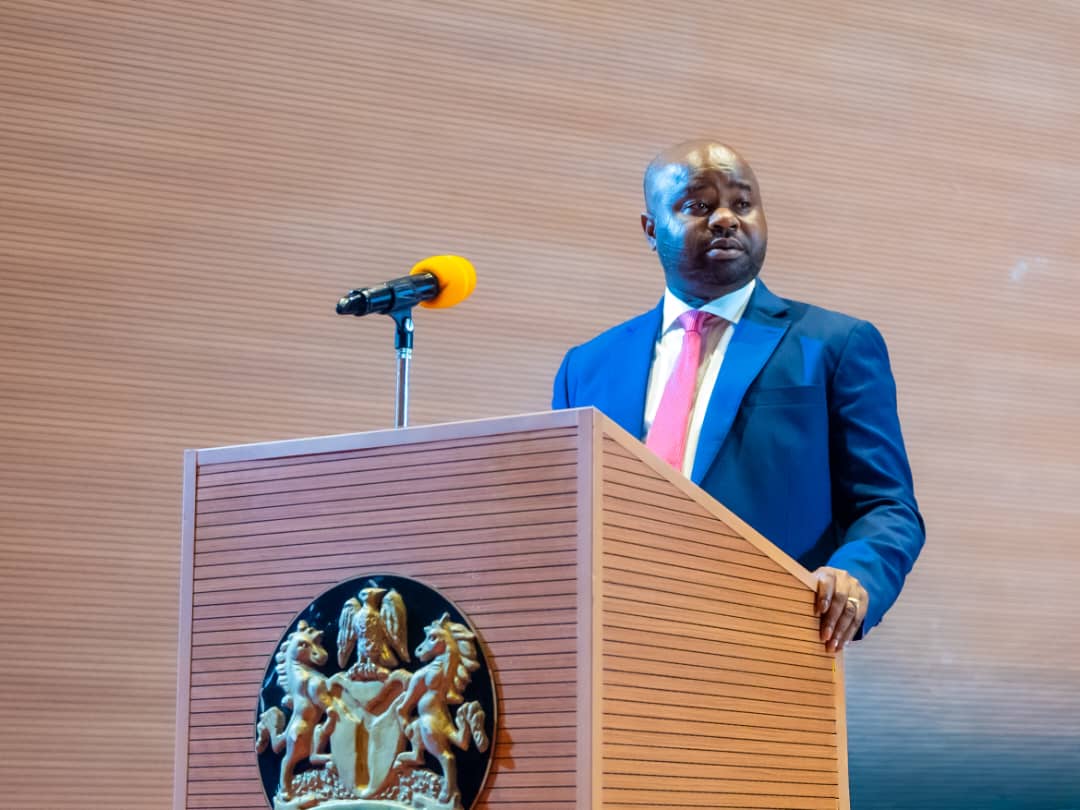The Executive Chairman of the Federal Inland Revenue Service (FIRS) has praised the Nigerian judiciary for its “sound and consistent” tax rulings that have helped shape the nation’s fiscal landscape.
Speaking at a capacity-building workshop for Justices of the Supreme Court, Court of Appeal, and Judges of the Federal High Court on new tax laws, the FIRS Chairman commended the National Judicial Institute (NJI) for organizing the event, describing it as “timely and essential.”
According to him, the introduction of new tax laws, including amendments to the Finance Acts, the Petroleum Industry Act, and other subsidiary legislations, has “significantly reshaped our tax ecosystem” and demands deeper collaboration between the judiciary and tax authorities.
“The judiciary, through its interpretative powers, remains the ultimate arbiter in maintaining the delicate balance between the legitimate powers of tax authorities and the rights of taxpayers,” he said.
“Your consistent and sound pronouncements have provided stability, predictability, and fairness in the administration of the tax system.”
He noted that the timeliness and consistency of judicial decisions were critical to improving voluntary tax compliance, boosting investor confidence, and enhancing national revenue mobilization.
“Tax disputes that are resolved promptly and based on clear judicial principles foster compliance and contribute to economic stability,” he added.
The FIRS Chairman reaffirmed the Service’s commitment to continuous partnership with the judiciary through “knowledge sharing, provision of technical resources, and regular engagement.”
“As key stakeholders in the Nigerian tax system, we must continue to strengthen collaboration, foster dialogue, and develop mechanisms that promote early and effective resolution of tax disputes,” he emphasized.
He further observed that the global digital economy and cross-border transactions continue to present complex tax challenges, making judicial education more vital than ever.
In conclusion, he expressed confidence that the insights gained from the workshop would “enhance the quality of judicial pronouncements and contribute to a more efficient and equitable tax system in Nigeria.”

